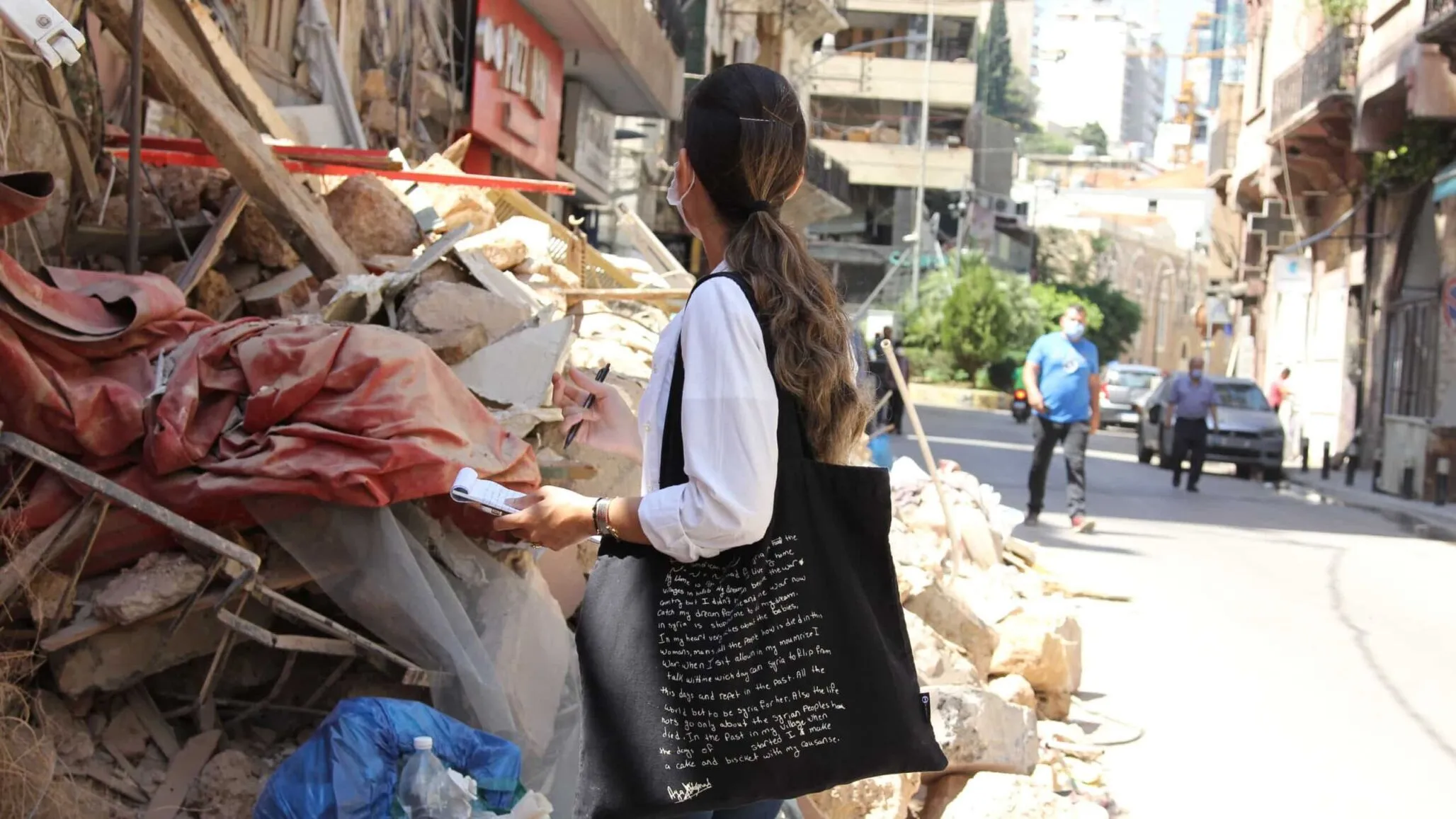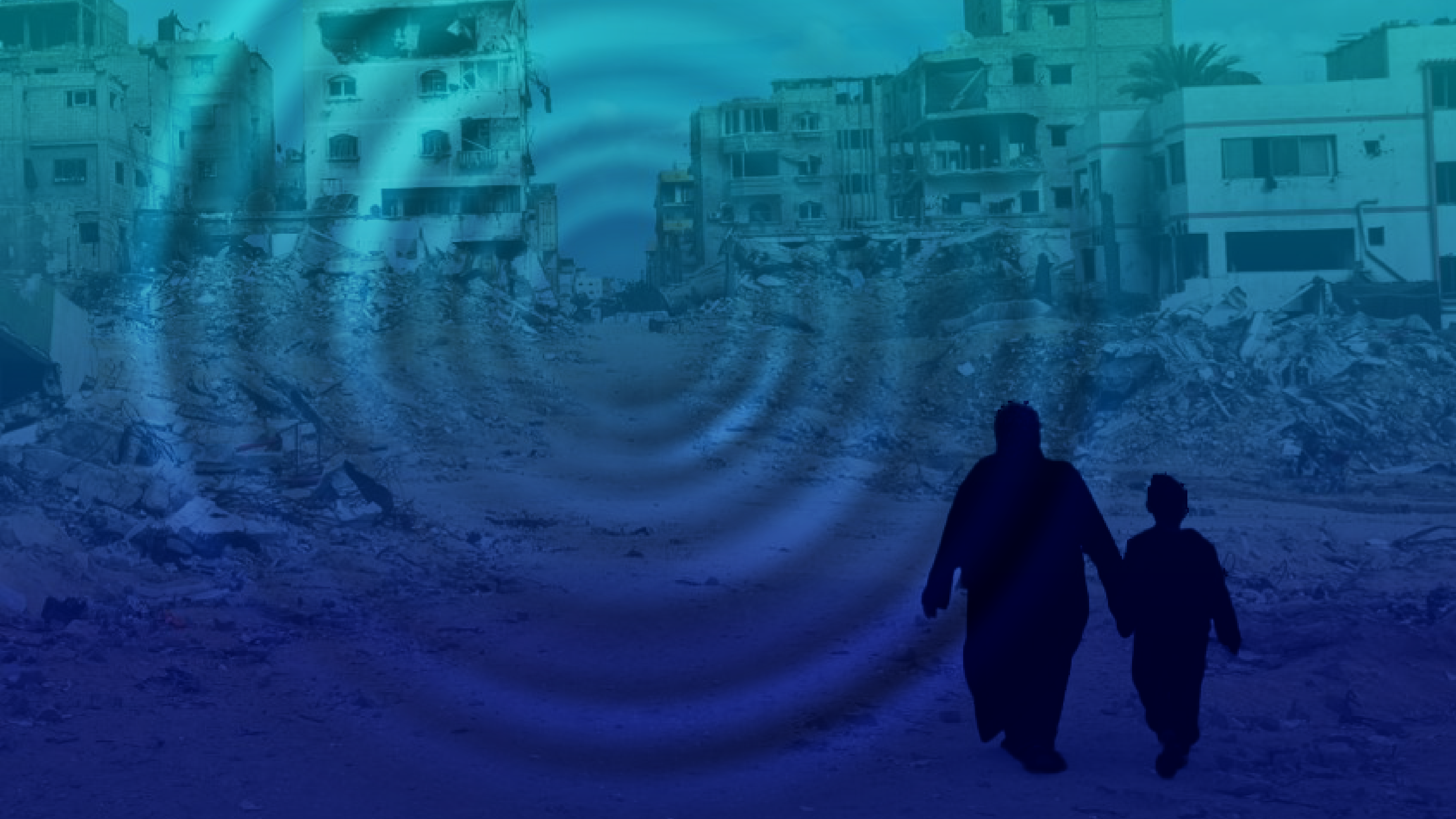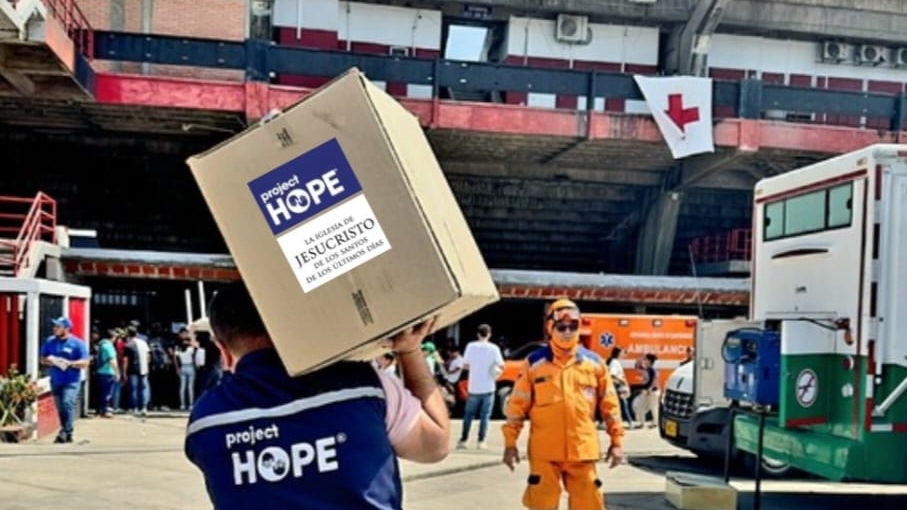Lebanon’s Health System Collapse Could Threaten Millions of Lives
While Lebanon’s government could soon end subsidies on medicines, the health care sector in Lebanon is at risk of collapse, warns Project HOPE. Many Lebanese already cannot afford to buy medicines because of the country’s inflation and insufficient drug supplies. Ending the government support to medications can have a detrimental effect on the population’s health.

Bethesda, MD (16 December, 2020) – While Lebanon’s government could soon end subsidies on medicines, the health care sector in Lebanon is at risk of collapse, warns Project HOPE. Many Lebanese already cannot afford to buy medicines because of the country’s inflation and insufficient drug supplies. Ending the government support to medications can have a detrimental effect on the population’s health.
“Access to high quality and affordable health care in Lebanon has been severely affected since the start of the economic crisis,” says Dardan Myftari, Team Leader of Project HOPE’s Emergency Response in Lebanon. “The removal of subsidies on medicine could deal a final blow to health institutions and millions of Lebanese.”
Lebanon is facing a multifaceted crisis that simultaneously combines a financial and economic collapse, a political crisis, an institutional deadlock, and a health crisis. Besides, the country has faced food shortages, with more than half of Lebanon’s population at risk of not having enough to eat.
Following the government’s announcement of a possible end of subsidized medicines earlier this year, concerns have mounted among Lebanese who fear they will no longer be able to purchase essential drugs, including medicines for life-threatening medical conditions.
According to certain projections, the cost of medications and medical supplies and equipment will be multiplied by seven to 10 times if the subsidies are lifted. With more than half of the country’s population sinking into poverty, health care can soon become out of reach for millions of Lebanese. “While the poorest will be the most affected, we can expect that all socio-economic classes in Lebanon will struggle to cover the cost of drugs if subsidies are removed,” warns Myftari.
The economic and financial crisis, which erupted last autumn, has severely weakened the health system in Lebanon and the value of doctors and nurses’ salaries has declined rapidly, forcing hundreds of doctors and nurses to leave the country altogether. According to unofficial estimates, more than 300 medical doctors and at least 250 registered nurses have already left the country since the beginning of the economic crisis. Without a national plan to address the exile of Lebanese doctors and nurses, more health professionals could follow soon. “To be a nurse in Lebanon is to be qualified, trained, and educated. However, it also means we are overworked and underpaid. We are now putting our lives in danger for barely nothing in return. Even the lives of our loved ones are now in danger,” said a Beirut-based nurse to Project HOPE.
Project HOPE calls on Lebanese authorities, international donors, and aid organizations to join efforts and work together to avoid a collapse of the country’s health care system. “With Lebanon’s health care system on the brink of collapse, the lives of nearly 4.5 million Lebanese and 1.7 million refugees are at stake,” warns Rabih Torbay, President and CEO of Project HOPE. “Without an immediate rescue plan for Lebanon’s health care sector, the worst is coming.”
Following the Beirut port explosion, Project HOPE has partnered with the Rene Moawad Foundation (RMF) Lebanon, to provide trauma care and psychosocial support. Project HOPE continues to provide immediate assistance through the procurement and distribution of medicines and medical and hygiene supplies.
Facts & Figures
- More than 55% of Lebanon’s population is now trapped in poverty and struggling for bare necessities. This is double last year’s rate which was 28%, according to the United Nations Economic and Social Commission for Western Asia.
- Earlier this month, the European Union (EU), the United Nations (UN) and the World Bank Group (WBG) launched a response plan to help Lebanon address the urgent needs of the affected population as well as tackle the related governance, recovery and reconstruction challenges. More here.
- Following the Beirut port blast, multiple centrally located public and private hospitals reported extensive damage and were not able to welcome patients. Several facilities are still not operating at their pre-blast capacity.
- Total population: 6.1 million
- People displaced by conflict: 1.5 million Syrians and nearly 200,000 Palestinians
Project HOPE in Lebanon
Since October, Project HOPE
- Has donated hundreds of thousands of personal protective equipment, medicines, and medical supplies to several health facilities in Beirut.
- Has provided support and supplies to 10 hospitals and 11 public health clinics in Lebanon’s capital.
- Has distributed of 5,700 Disaster Health and Hygiene Kits via its local partner.
- Has offered relief to more than 60,000 affected people and health care workers.
- Has positioned longer-term assistance to 10 primary health care facilities in the Beirut



